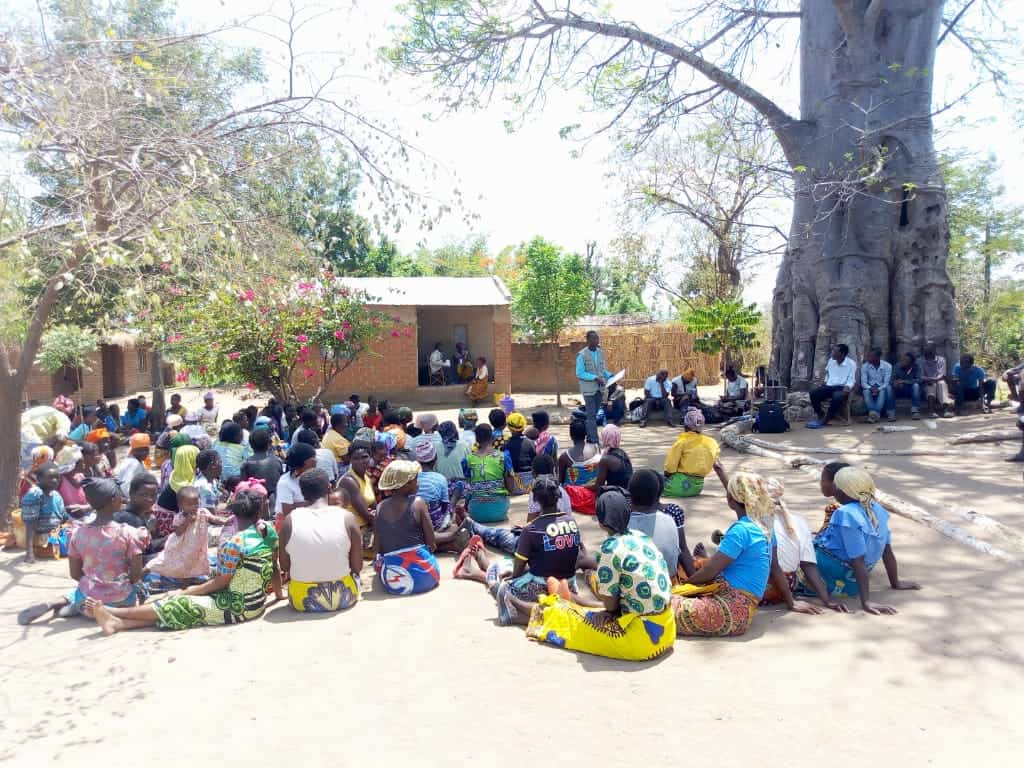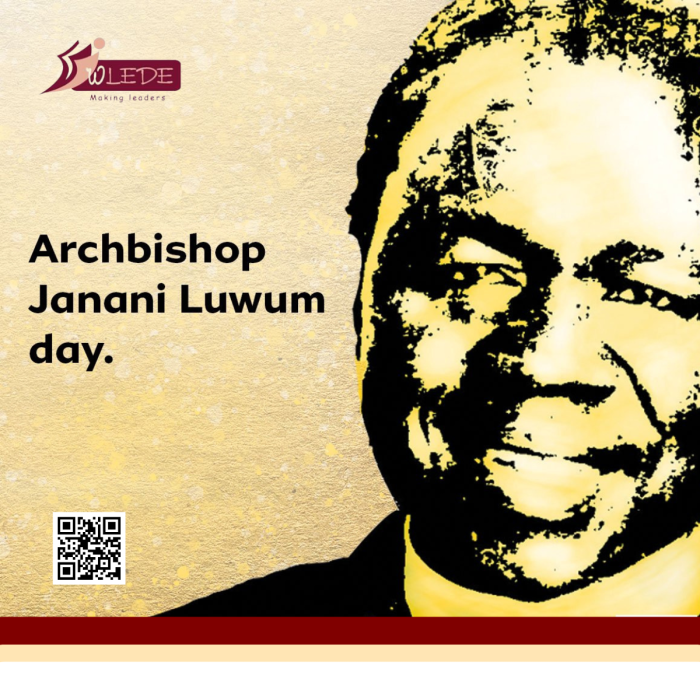
In the heart of many communities, the tradition of coming together to discuss, deliberate, and decide on important matters has been a cornerstone of communal life. This tradition, known as community barazas, holds immense value and continues to play a pivotal role in fostering unity, addressing issues, and driving collective action.

What is a Community Baraza?
A community baraza is a traditional assembly where community members gather to discuss and resolve various issues affecting their lives. These meetings are usually held in a communal space, such as a village square or community hall, and are open to everyone, ensuring that every voice is heard. The term “baraza” originates from Swahili, meaning a meeting or council.
The Value of Community Barazas
1. Fostering Inclusivity and Participation
Community barazas are a platform for inclusive participation. They bring together individuals from different walks of life, regardless of age, gender, or social status, to share their views and contribute to decision-making processes. This inclusivity strengthens social cohesion and ensures that diverse perspectives are considered.
2. Enhancing Transparency and Accountability
By discussing community issues openly, barazas promote transparency and accountability. Leaders are held accountable for their actions, and decisions are made collectively, reducing the likelihood of corruption and ensuring that the community’s interests are prioritized.
3. Promoting Local Solutions to Local Problems
Community barazas empower residents to take charge of their own development. They provide a forum for identifying problems and brainstorming solutions that are tailored to the community’s unique context. This localized approach is often more effective and sustainable than externally imposed solutions.
4. Strengthening Social Bonds
Regular gatherings at barazas foster a sense of belonging and solidarity among community members. They provide opportunities for social interaction, conflict resolution, and mutual support, which are essential for a harmonious and resilient community.
5. Preserving Cultural Heritage
Barazas are a vital part of cultural heritage, preserving traditional knowledge and practices. They serve as a living repository of community history, customs, and values, ensuring that these are passed down to future generations.
Case Study: Barazas in Action
In rural Kenya, community barazas have been instrumental in addressing various issues, from improving healthcare access to enhancing educational outcomes. For instance, in the village of Mbuya, a series of barazas were held to tackle the problem of water scarcity. Through these meetings, the community was able to pool resources, secure funding, and work with local authorities to construct a new well, ensuring a reliable water supply for all residents.
Challenges and the Way Forward
While community barazas are highly effective, they are not without challenges. Ensuring consistent participation, managing conflicts, and integrating modern governance practices with traditional methods can be difficult. However, by continually adapting and embracing innovative approaches, these challenges can be overcome.
Conclusion
Community barazas are more than just meetings; they are a testament to the power of collective wisdom and action. They embody the spirit of togetherness, resilience, and self-determination that is crucial for the progress and well-being of any community. As we navigate the complexities of modern life, the enduring value of community barazas serves as a beacon of hope and a reminder that the strength of a community lies in its unity and shared purpose.
Tags: #CivicEngagementLira, #LocalGovernanceAwareness, #women, wlede![Women Leadership Development [WLEDE]](https://wlede.org/wp-content/themes/kipya/images/logo-WLEDE.png
)





